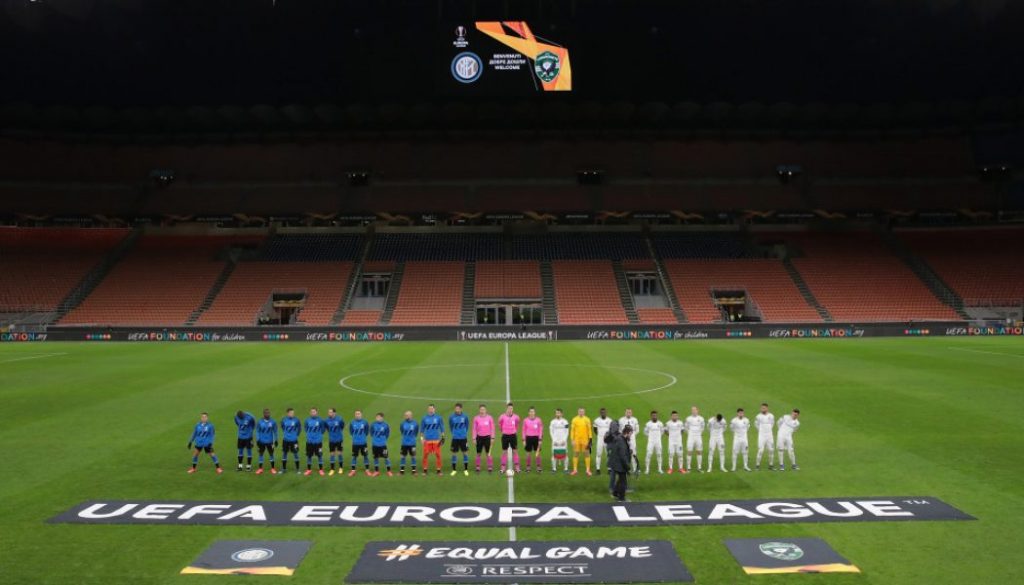The Digital Café: Behind Closed Doors Games Cannot Mask The Loss Of Fans
July 2, 2020
In this week’s Digital Café, David Granger considers that while working from home may have its upsides, there’s no real gain from crowdless games, as not everything can be reproduced online.
For sport, watching from home which has become our current, hopefully transitional, normality.
As soccer in Europe has returned to empty stadia, both live and watching from afar, the spectacle of sport has altered. Who knows which path the erratic 2020 will take next, but whether we move on or face second waves of the coronavirus, consuming sport is going to change and digital will be the solution to recreate the fan experience and even enhance it, but hopefully it will not be the opportunity to replace it.
“Playing matches without supporters is sadder than dancing with your sister.”
F1’s managing director of motorsports Ross Brawn summed up the dilemma recently. He said: “The fans for us are critical. We do want to see them as they do add a lot of atmosphere. We won’t rush that. I think to have the race in a safe and secure environment is critical.” But, F1 is at least set to return this year.
The biggest casualty of 2020 has arguably, been the Tokyo Olympics. Not simply the event itself, but the federations who are funded by it, the athletes whose training scheduled has been disrupted by a year and the spectators. As we get closer to the opening ceremony we’ll know just how deep this disruption has been and if there will be any crowds allowed to attend at all. There’s the danger the games will not be held without a vaccine being available, and even if they are, there may be athletes who are reluctant to travel, and fans who are not allowed to.
How is soccer coping with this? The re-starting of the European football has definitely seen a shift in participation even for the armchair fans. As Spain manager Luis Enrique recently put it on Basketball show Colgados del Aro on Spanish TV, “Playing matches without supporters is sadder than dancing with your sister.”
Tacked on crowd noises is a nice idea, but it doesn’t replicate the atmosphere, the singing or the swearing crowds bring to the game. One of the saddest sights is seeing the fan-cam reaction of die-hard loyal supporters in scarfs and replica shirts cheering goals crouched around the family laptop.
“The biggest casualty of 2020 has arguably been the Tokyo Olympics. Not simply the event itself, but the federations who are funded by it.”
Another is seeing cardboard cut-outs where fans should be – but these may only get more frequent. Some of the football clubs are responding and some are doing great things, but digital match day programmes, increased social presence and flyings fans’ flags over empty seats won’t replace the experience of watching the game live, or playing in front of a terrace at full volume.
One of the criticisms of the Olympic Games has been its cost to the host city and nation. If the Japanese games do go ahead and go ahead without spectators at the events, it may mean an enhanced online experience replicates some of the attraction, but Tokyo will have lost out on the tourism boost to its economy which would be a double financial hit.
So Covid has not only put sport on hold in the short-term, but it looks like it is adversely affecting us in the mid-term as well. Second screen and online attendance are great for those who cannot go to games or matches, but they cannot replicate the experience, or the atmosphere.



